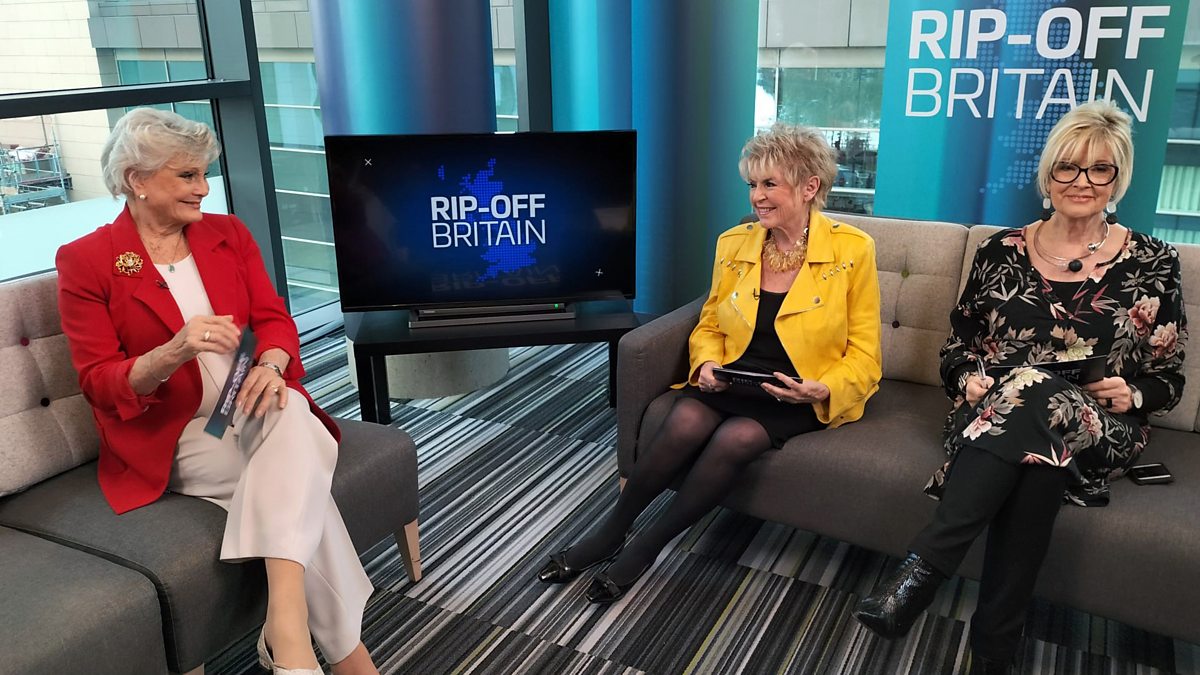BBC Faces Unprecedented Challenges After £1 Billion Income Drop

Table of Contents
The £1 Billion Income Drop: Causes and Consequences
The £1 billion reduction in the BBC's income is a multifaceted issue stemming from several interconnected factors. A crucial element is the decline in license fee payers, driven by increased cord-cutting and the rise of streaming services. This is coupled with escalating production costs, particularly for flagship programs demanding high-quality visuals and complex storylines. The fiercely competitive landscape, with major players like Netflix and Amazon Prime vying for audience attention, further complicates matters.
The immediate consequences are far-reaching. We're already seeing whispers of potential program cuts, impacting beloved shows and potentially leading to staff reductions. The BBC's international reach, a source of pride and influence, could also be significantly curtailed.
- Decline in license fee payers: A significant shift in viewing habits has led to a measurable decrease in the number of households paying the license fee.
- Rising production costs for flagship programs: Maintaining the high production values of shows like "Doctor Who" and "Line of Duty" requires substantial investment, increasingly straining the BBC's budget.
- Increased competition from Netflix, Amazon Prime, etc.: Streaming giants offer vast libraries of content, attracting audiences away from traditional television and impacting advertising revenue streams.
Impact on BBC Programming and Services
The budget cuts pose a direct threat to various aspects of BBC programming and services. News divisions, already grappling with the spread of misinformation, might face reduced resources for investigative journalism, leading to a potential decline in in-depth reporting. Drama and documentary productions, known for their quality and ambition, could be scaled back, resulting in fewer original productions and a shift towards cheaper alternatives. Children’s programming, essential for nurturing young minds, may also be affected.
- Potential reduction in investigative journalism resources: Cuts could hinder the BBC's ability to conduct in-depth investigations, impacting its role as a watchdog.
- Fewer hours of live news coverage: Reduced staffing and budget might lead to a decrease in the breadth and depth of live news coverage.
- Possible cancellation or reduction in the number of episodes for certain dramas: Beloved shows might face shorter seasons or even cancellation due to budget constraints.
Exploring Alternative Funding Models for the BBC
The current license fee model, while historically effective, struggles to adapt to contemporary viewing habits. The rise of streaming and on-demand services necessitates a critical reassessment of the BBC's funding structure. Several alternative models warrant exploration:
- Subscription model: A subscription service, similar to Netflix or Amazon Prime, could broaden the BBC's reach to a global audience, but risks alienating current viewers who rely on the free-to-air service.
- Advertising revenue: Increased advertising could provide a significant revenue stream but carries the risk of compromising the BBC's editorial independence and potentially impacting the quality of its programming.
- Increased government funding: Higher government subsidies could offer financial stability but might lead to political interference and compromise the BBC's impartiality.
The Future of the BBC: Adapting to a Changing Media Landscape
The BBC must embrace innovation and adapt to thrive in the face of competition. This necessitates a multi-pronged strategy: investing heavily in digital platforms and streaming services to reach younger audiences, creating engaging and interactive content to compete with the dynamism of streaming giants, and forging partnerships with other media companies to expand reach and resources. The BBC’s role as a public service broadcaster remains vital, and its future depends on successfully navigating this digital-first world.
- Investment in digital platforms and streaming services: A strong digital presence is crucial for attracting and retaining younger audiences.
- Creation of more engaging and interactive content: The BBC needs to create content that is not only informative but also entertaining and participatory.
- Partnerships with other media companies: Collaborations with other media organizations could lead to resource sharing and audience expansion.
Conclusion: Navigating the Challenges Facing the BBC After a £1 Billion Income Drop
The £1 billion income drop presents a significant threat to the BBC, demanding immediate and decisive action. Finding sustainable funding solutions and adapting to the evolving media landscape are paramount. The BBC's continued success hinges on its ability to innovate, engage its audience, and maintain its commitment to public service broadcasting. What are your thoughts on the future of the BBC and how it can overcome these unprecedented challenges? Share your views in the comments below, and let's discuss how to secure the future of public broadcasting in the face of this £1 billion income drop.

 Automakers Grapple With The Fallout From Trumps Tariffs
Automakers Grapple With The Fallout From Trumps Tariffs
 Fortnite Item Shop Update Easier Navigation And Item Discovery
Fortnite Item Shop Update Easier Navigation And Item Discovery
 Decades Long School Desegregation Order Terminated A Turning Point
Decades Long School Desegregation Order Terminated A Turning Point
 Saudi Arabias New Abs Regulations Implications And Growth Potential
Saudi Arabias New Abs Regulations Implications And Growth Potential
 Dont Miss Game Name This Months Underappreciated Ps Plus Offering
Dont Miss Game Name This Months Underappreciated Ps Plus Offering
